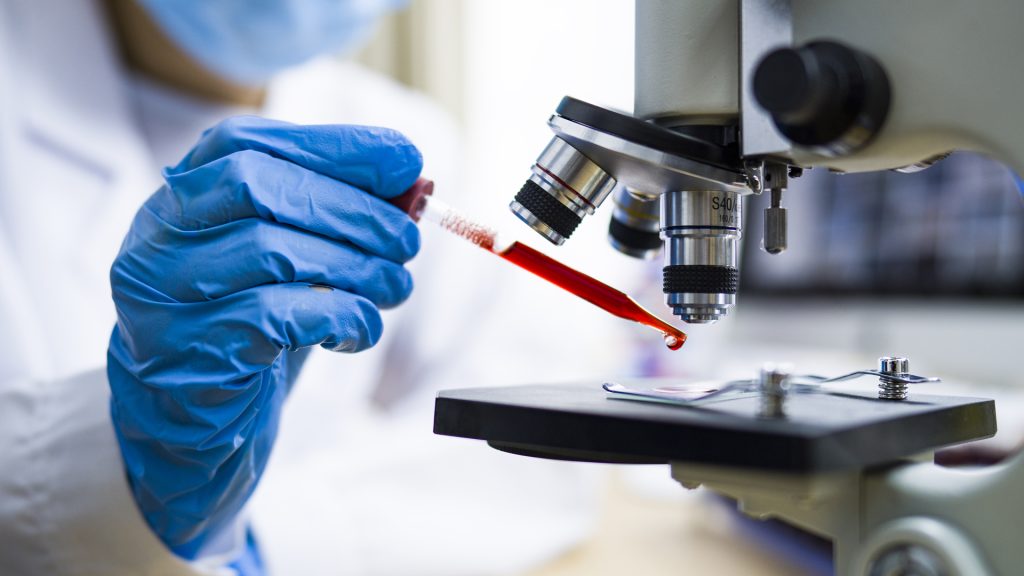In the realm of criminal investigations, where every clue and piece of evidence holds the potential to unveil the truth, forensic voice analysis emerges as a powerful tool that transcends the limitations of conventional investigative methods. This cutting-edge technology delves into the intricate nuances of human speech, unraveling a wealth of information beyond the mere words spoken. By examining the subtle variations in pitch, tone, and cadence, forensic voice analysis provides investigators with a unique lens through which to decipher the unspoken aspects of communication. One of the primary applications of forensic voice analysis lies in speaker identification. The human voice, akin to a vocal fingerprint, carries distinctive traits that remain remarkably consistent across various utterances. This aspect proves invaluable in linking individuals to specific recorded conversations or threatening messages, allowing investigators to establish connections between suspects and the crime at hand.

By meticulously analyzing the acoustic features of a voice, experts can ascertain not only the identity of the speaker but also detect alterations or attempts to disguise the voice—a crucial factor in cases involving threats, extortion, or anonymous communications. Moreover, forensic voice analysis extends its reach beyond mere identification to uncovering emotional states and psychological nuances embedded in speech. Changes in stress levels, emotional turmoil, or attempts to deceive can be discerned through careful examination of vocal patterns. This aspect proves particularly pivotal in cases where the spoken words may not necessarily align with the true sentiments or intentions of the speaker. By delving into the subconscious layers of communication, forensic voice analysis becomes a potent ally for investigators seeking to unravel the complexities of human behavior and motivation. In cases involving audio evidence, such as recorded confessions or disputed statements, forensic voice analysis serves as a robust tool for validation. The technology can determine the authenticity of recordings, identifying potential tampering or manipulation.
This not only bolsters the credibility of audio evidence in court but also safeguards against the manipulation of critical information. As the legal landscape evolves, the reliance on forensic voice analysis becomes increasingly pronounced, reinforcing the quest for truth and justice to learn more view the website https://adeptforensics.com/forensic-discourse-analysis/. However, the integration of forensic voice analysis into criminal investigations also raises ethical considerations and challenges. In conclusion, the impact of forensic voice analysis in criminal investigations is profound, ushering in a new era where the human voice becomes a rich source of information beyond the confines of spoken words. As technology continues to advance, the ethical, legal, and practical implications of this tool will undoubtedly be subject to scrutiny, but its potential to unravel the intricate layers of communication ensures its enduring role in the pursuit of truth and justice.
